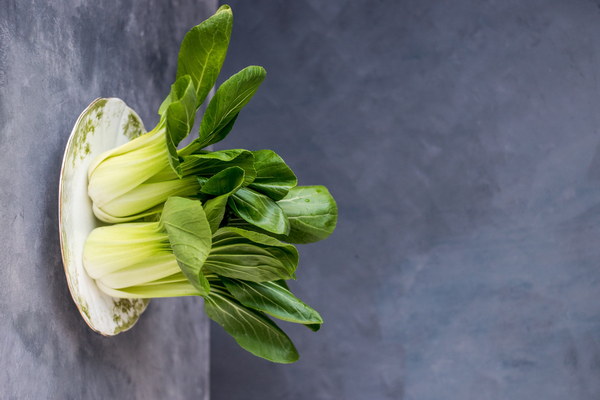Revitalizing Your Kidneys and Gallbladder The Power of Traditional Chinese Herbs
In the realm of traditional medicine, the concept of balancing the body's internal systems is paramount. One such system is the kidneys and the gallbladder, which play crucial roles in maintaining overall health. These organs are often targeted for rejuvenation through the use of herbal remedies, known as Yangshen Lidian in Chinese medicine. This article delves into the world of kidney and gallbladder health, exploring the benefits of these traditional herbs and their role in enhancing well-being.
Understanding the Kidneys and Gallbladder
The kidneys, according to Chinese medicine, are the root of life and are responsible for filtering waste from the blood, producing urine, and maintaining electrolyte balance. They also play a crucial role in the production of red blood cells and the regulation of blood pressure.
The gallbladder, on the other hand, is responsible for storing and concentrating bile, which is essential for the digestion and absorption of fats. A healthy gallbladder ensures that the body can effectively break down and utilize nutrients from the food we consume.

The Power of Traditional Chinese Herbs
Traditional Chinese medicine has a rich history of utilizing herbs to maintain and restore health. The following are some of the most commonly used herbs for kidney and gallbladder support:
1. He Shou Wu (Polygonum multiflorum): Known for its anti-aging properties, He Shou Wu is believed to nourish the kidneys and improve fertility. It's often used to treat kidney weakness, fatigue, and hair loss.
2. Bai Zi Ren (Semen biotae): This herb is used to soothe the liver and gallbladder, and is effective in treating gallstones and other gallbladder disorders. It also helps to alleviate anxiety and restlessness.
3. Jiaogulan (Gynostemma pentaphyllum): Known for its adaptogenic properties, Jiaogulan helps to balance the body's hormones and enhance overall well-being. It is often used to support kidney function and improve energy levels.
4. Mai Men Dong (Ophiopogon japonicus): This herb is used to nourish the lungs and kidneys, and is effective in treating dryness-related conditions such as coughs, constipation, and hot flashes.
5. Chuan Xiong (Ligusticum chuanxiong): This herb is used to stimulate blood circulation and relieve pain, making it beneficial for kidney-related disorders such as kidney stones and lower back pain.
How These Herbs Work
The mechanisms behind the effectiveness of these herbs are not entirely understood, but researchers believe that they work by supporting the body's natural healing processes. For example, He Shou Wu contains compounds that may enhance the production of antioxidants, which can help to protect the kidneys from oxidative stress. Similarly, Bai Zi Ren's anti-inflammatory properties may help to reduce the inflammation associated with gallbladder disorders.
Practical Tips for Incorporating These Herbs into Your Diet
To experience the benefits of these herbs, consider the following tips:
1. Consult a Healthcare Professional: Before starting any new herbal regimen, it's important to consult with a healthcare professional, especially if you have existing health conditions or are taking other medications.
2. Use High-Quality Herbs: Opt for high-quality, organic herbs that have been tested for purity and effectiveness.
3. Prepare Herbs Properly: Follow the proper preparation methods for each herb to ensure optimal benefits.
4. Combine Herbs Wisely: Some herbs may work better when combined with others. Consult with a knowledgeable practitioner to create a personalized herbal formula.
5. Maintain a Balanced Diet: A healthy diet that includes plenty of fruits, vegetables, and lean proteins can support kidney and gallbladder health.
In conclusion, traditional Chinese herbs offer a natural and holistic approach to maintaining kidney and gallbladder health. By incorporating these powerful remedies into your lifestyle, you can support your body's internal systems and promote overall well-being.









